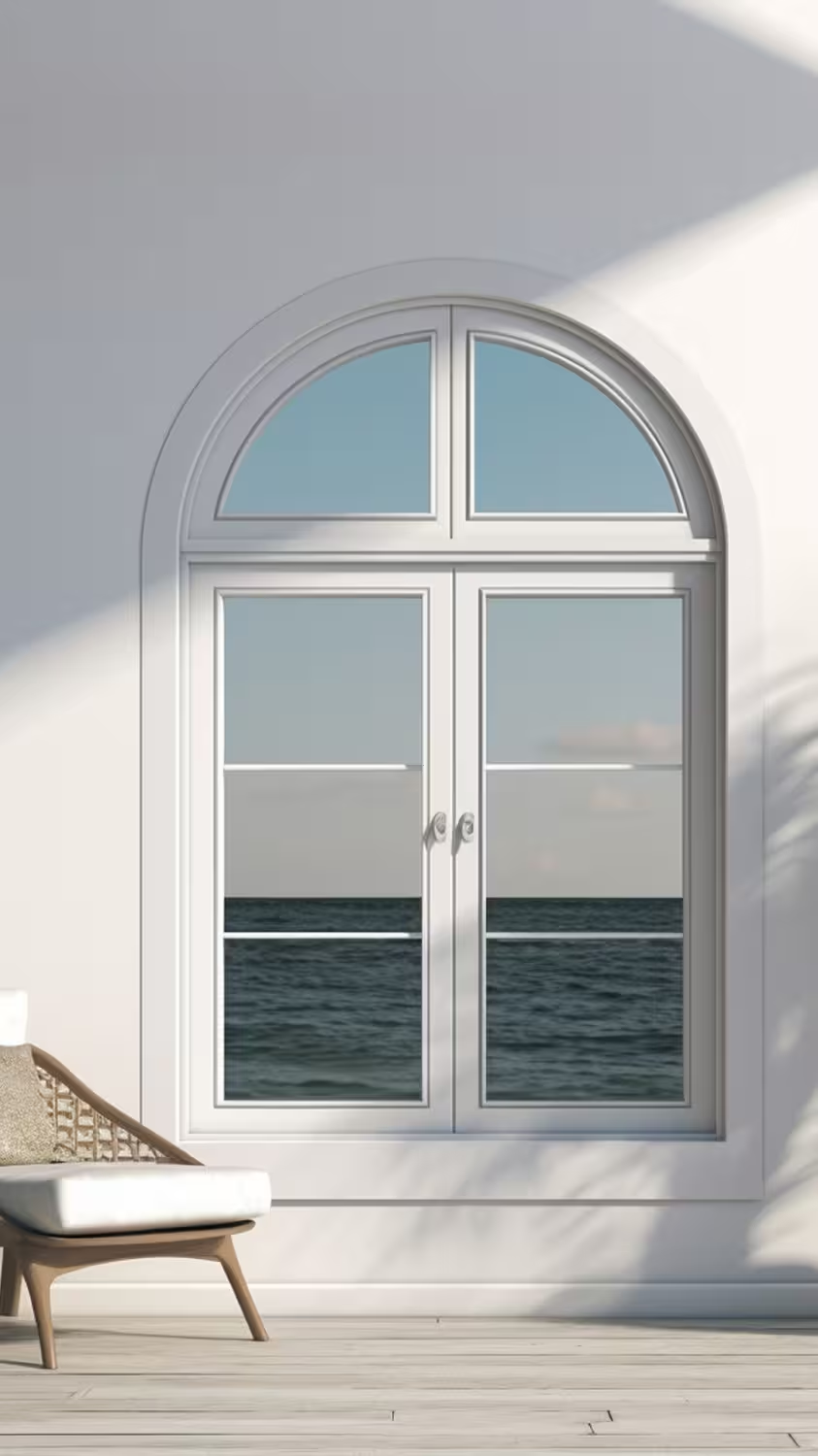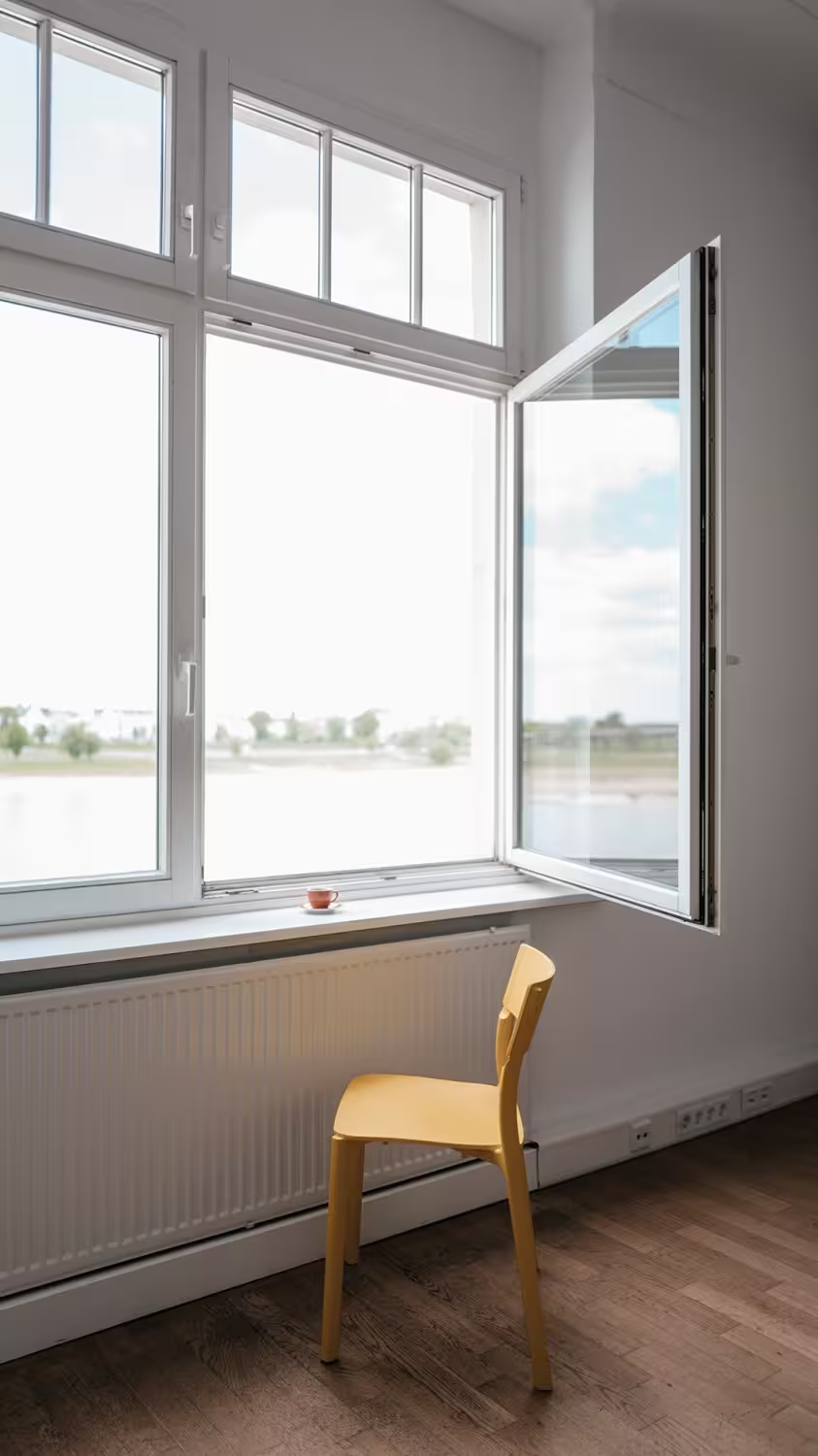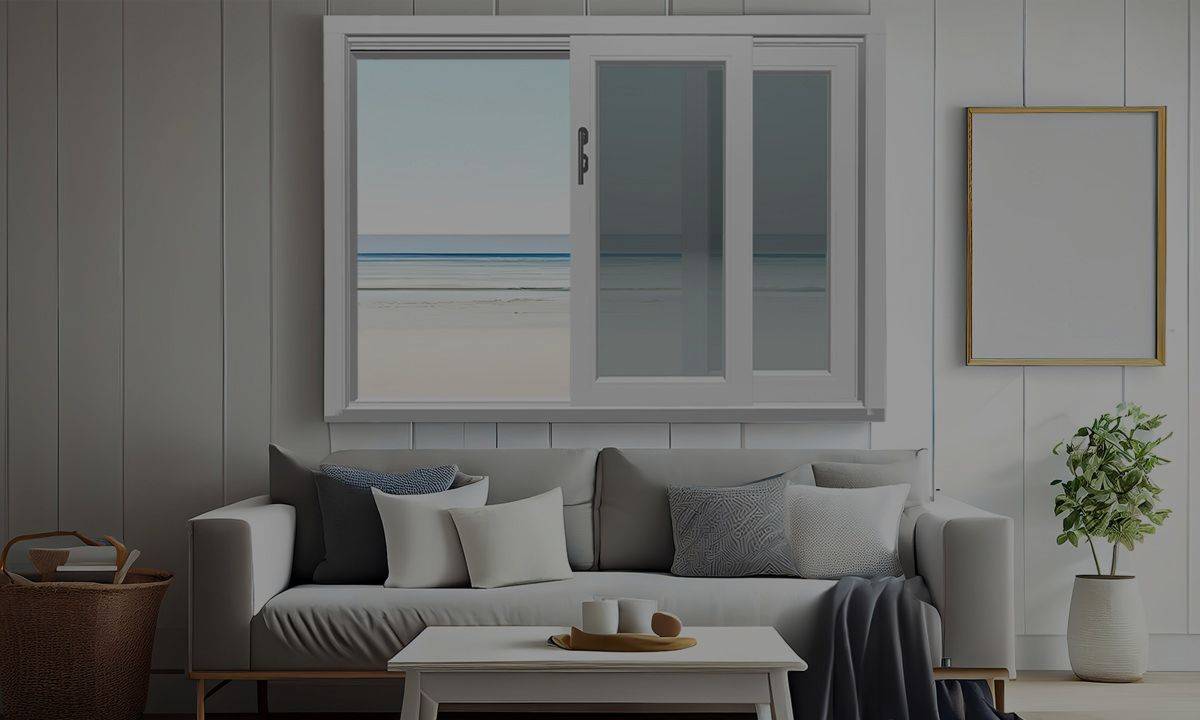The quest for sustainable living has become more than a trend, it has become a necessity in the face of environmental challenges. As homeowners seek to contribute to reducing their carbon footprint, selecting eco-friendly materials is essential. One material that has gained recognition for its sustainability and recyclability in the construction industry is uPVC which stands out for creating ideal and eco-friendly living spaces. In this article, we explore the many ways uPVC systems contribute to the creation of eco-friendly homes and how they align with the principles of sustainability and recyclability.
Energy-Efficiency and Insulation
One of the primary ways uPVC window systems contribute to sustainability is through their energy-efficient properties. Oyster windows and doors made from uPVC provide excellent thermal insulation by creating a barrier that helps maintain indoor temperatures by preventing heat transfer, which is essential for reducing energy consumption. This reduction in energy consumption directly translates to lower energy bills and a reduced carbon footprint.

Longevity and Durability
Another aspect of uPVC window systems that align with sustainability is their durability and longevity. When installed accurately, oyster windows and doors can last for decades without significant degradation. Their resistance to corrosion, rot, and moisture ensures they can withstand harsh weather conditions while maintaining their functionality and appearance. The extended lifespan of uPVC window systems reduces the need for replacements, which not only saves resources but also minimises the environmental impact associated with the manufacturing and disposal of materials.
Low Maintenance and Reduced Chemical Usage
uPVC window systems require low maintenance as they are easy to clean and do not require frequent painting and sealing. This also leads to reduced chemical usage as oyster windows and doors eliminate the need for regular treatments. uPVC window’s resistance to moisture ensures that it doesn’t degrade over time, reducing the need for water-intensive maintenance tasks like sealing or repainting.

Recyclability
Along with other parameters, oyster windows and doors contribute to recyclability as upon reaching the conclusion of their product life cycle, they can be recycled and repurposed into new uPVC products. This closed-loop approach to sustainability minimises waste and reduces the consumption of raw materials. It also reduces the demand for virgin materials, conserves resources, and lowers the carbon emissions associated with manufacturing.
As the world grapples with environmental challenges, the importance of constructing eco-friendly homes has become evident. Embracing uPVC windows and door systems not only benefits homeowners but also supports the broader goals of resource conservation and the reduction of environmental impact. In the pursuit of sustainable living, they are a testament to how responsible material choices can lead to a more sustainable and environmentally conscious future.

